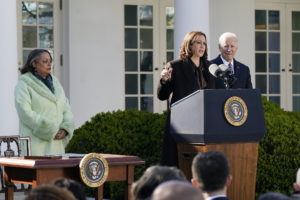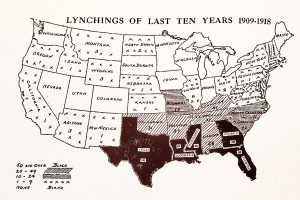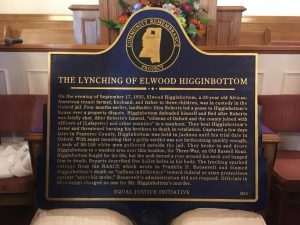
Opinion | The Black History Knowledge Gap Is Widening
“Its my belief that schools fail all students when they omit the difficult parts of U.S. history,” Paul Ringel writes. “Teaching Black history can create understanding and spark rare discussions on challenging topics across racial lines.”












